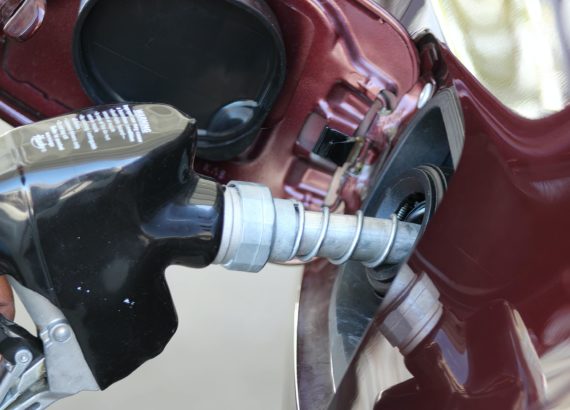5 Ways to Achieve Credit Repair

Having to put life plans on hold due to bad credit can be devastating. You may not know where and how to start to repair your credit. Unfortunately, there is no quick fix but definitely, it can be done.
 Photo by Mikhail Nilov from Pexels
Photo by Mikhail Nilov from Pexels
Credit Score: More Than Just a Number
A person’s credit standing is typically determined through the credit score. More than just a number that ranges between 300-850 as with FICO®, the credit score is indicative of a person’s credit worthiness. In essence, it tells potential lenders like banks how much risk it is taking in extending credit to a loan applicant.
The higher the credit score, the more likely that a loan will be granted. There may be other factors that can affect a lender’s final decision but a good credit score certainly occupies top ranking in the equation. This score sums up a person’s payment history, total money owed, length of credit history, types of credit, and new credit. In the same way that a person can preserve an excellent score by making sound financial decisions, he can also repair bad credit brought about by bad calls in the past through consistent efforts.
Credit Repair: How to Make it Happen
- Determine your Credit Score – Knowing where you stand provides a clearer perspective of what needs to be done. A credit report allows you to review the information that can be seen by financial institutions. This gives you the opportunity to have any error corrected. Make sure to request investigation of errors or possible fraud from the information provider. Correction will result to improvement in credit score.
- Pay Your Bills on Time – This seemingly trivial thing actually affects a person’s Payment History. Missed payments or worse, allowing your account to be sent to collections will definitely hurt your credit score. Paying your bills on time forms the foundation of basic financial discipline together with correct spending priorities.
- Consider Debt Consolidation – This is a wise move if you intend to combine multiple debt balances into a new loan with the end goal to pay off the debt. It results to higher credit score in the long term provided you make payments on time. Otherwise, this will just result to more debts and lower credit score.
- Keep Credit Utilization in Check – This pertains to the portion that you are using in your credit limit in all of your accounts. It would be best to keep it at 30% or less. Maximizing your credit limits is out of the question if you want to improve your credit score. You would like to appear to lenders as someone who is responsible enough not to take on more debt that he can handle.
- Be Selective in Credit Application – There is much sense in applying for credit only when you need it. Numerous applications for a new credit card, auto loan, and other forms of loan, within a short period of time can be especially damaging. Doing so will create an impression of being in financial difficulty which is a definite red flag to lenders.
My Say
Bad financial decisions happen and it could seriously affect chances of getting opportunities available to people with good credit. Quicker loan approvals, lower interest rates, and advantageous terms, can still be had once credit is repaired. The road towards credit repair is challenging but you have the power to set things right.














